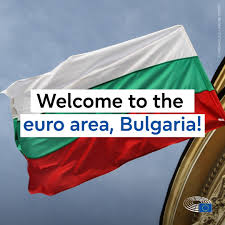The EU goes on summer break

Brussels: It is officially summer and European leaders, like everybody else, are taking a break and going on vacation.
Others are still conducting business, including French President Emmanuel Macron.
He took the opportunity to visit France’s overseas territories east of Australia.
With troops, citizens and resources spread across its Pacific islands, Macron wants to protect his country’s power and interests.
At a public event in New Caledonia, the French president also paid homage to the indigenous population.
“The history of this land and all those you represent here incite us to respect and humility, and it is with this disposition that I stand before you,” Macron said.
Back home in Paris, the Olympic Games cast its shadow way ahead of the event.
The French capital is getting ready for next year’s global showcase, hosting athletes from around the world.
And immediately politics inserted itself into the planning.
The Mayor of Paris Anne Hidalgo made it clear that the organisers will refuse to adopt a neutral position in the face of the war in Ukraine.
“I stand shoulder to shoulder with our Ukrainian friends in the face of aggression, a war of aggression by the Russians,” she declared.
“And for me, it would be inconceivable to welcome Russian delegations while we have a war in Ukraine.”
Whether the war will be over by the 2024 Olympics is anybody’s guess at this point.
One aspect of the war – sometimes overlooked – is cyberattacks.
Russian and Ukrainian hackers are pummeling targets, but the damage so far seems limited.
Yet, experts say that the danger for both sides is increasing.
Occasionally these attacks lack technical sophistication, but they can create significant disruption, something that even Western victims of Russian hackers have experienced.
Jacques Boschung, CEO of Kudelski Security – a cybersecurity firm based in Switzerland – told Euronews that Ukraine was already prepared for cyberwar before the Kremlin invaded.
“The Ukrainians had the full contingency plan in place,” Boschung said.
“They scattered all their cyber officials across the country. They had already migrated critical applications to data centres in the West. They had a contingency plan for the ViaSat satellite system, and Western assistance has been crucial.
“At the end of the day, we must say also something else. The Russian Federation is more used to disinformation through troll farms like the Internet Research Agency than to waging proper cyber war.”





